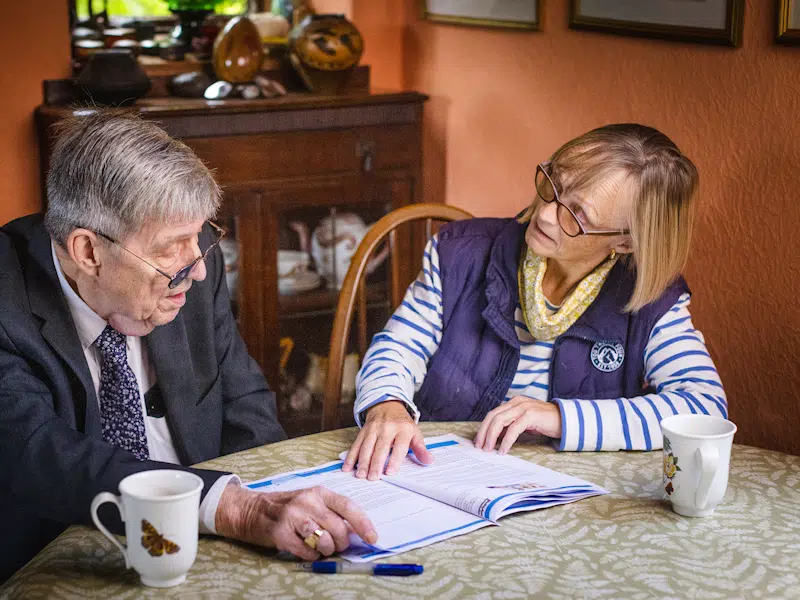Call now: office 0161 526 6262 / mobile 07757 546 893


Creating a will is one of the most important steps you can take to protect your family, your home, and your long-term wishes. At Wollaston Associates, we provide clear, professional will-writing services in Stockport designed to give you complete peace of mind. Whether you want to ensure your assets pass to the right people, appoint guardians for children, or prevent unnecessary stress for loved ones, a professionally drafted will is essential.
Our qualified planners explain everything in simple terms and ensure your will is legally robust, correctly structured, and tailored to your circumstances.
A legally valid will ensures your assets are distributed according to your wishes. Without one, the law decides who inherits your estate, which may not reflect what you would have wanted. This can create unnecessary stress, financial difficulty, and conflict for the people closest to you.
A professionally drafted will from a trusted estate planner in Stockport allows you to:
Wollaston Associates provides guidance through every part of the process, explaining your options clearly and ensuring your will reflects your personal wishes with accuracy.
Every person’s situation is unique, and a well-written will ensures nothing important is overlooked. Your will can include:
Set out exactly who receives specific items, amounts of money, or shares of your estate.
Name trusted individuals to care for your children if something happens to you.
Record your preferences so your loved ones do not have to make difficult decisions.
Appoint people you trust to manage your estate and carry out your instructions.
Ensure unmarried partners inherit what you want them to receive, as the law does not automatically protect them.
While some people consider writing their own will, small mistakes can make the document invalid. Online templates and DIY kits often fail to meet legal requirements or cover important scenarios, increasing the risk of disputes.
A professionally written will offers:
As members of respected professional bodies, we follow strict codes of practice that give clients confidence in the quality and reliability of our work.
Our will-writing service in Stockport is designed to be simple and stress-free.
Step 1: Initial consultation
We take the time to understand your circumstances, family structure, and goals. This ensures your will reflects your exact wishes.
Step 2: Drafting your will
Your will is professionally written and tailored to you, ensuring clarity, legal compliance, and accuracy
Step 3: Review and approval
We review the document together to confirm that everything has been captured correctly.
Step 4: Signing and witnessing
We guide you through correct signing procedures so your will is legally valid.
Step 5: Secure storage
We offer safe storage options to keep your will protected and easily accessible when needed.

Every adult can benefit from having a will in place. It is particularly important for:
If you have not yet written a will, it is recommended to put one in place as early as possible to protect your wishes.
Do I need a solicitor to make a will?
No, you do not legally need a solicitor, but using a qualified estate planner significantly reduces the risk of errors that could invalidate your will or create problems later.
How often should a will be updated?
Your will should be reviewed after major life changes such as marriage, divorce, a new child, property purchase, or significant financial changes. Reviewing every few years is also recommended.
What happens if I die without a will?
The intestacy rules will apply, meaning the law decides who inherits your estate. This may exclude partners, stepchildren, or people you intended to provide for.
Can a will help reduce inheritance tax?
Yes, strategic planning within your will can help minimise tax, particularly for married couples and property owners. We can advise on the options available.
Still have Questions? View our FAQ page or contact us today
Don’t leave your estate unprotected. Take control of your future with Wollaston Associates, your trusted will-writing specialists in Stockport.
Call us on 0161 526 6262 or 07757 546893
Email: martin@wollastonassociates.expert
Based at 62c Gillbent Road, Cheadle Hulme, SK8 6NB
Book your free consultation now and protect what matters most.